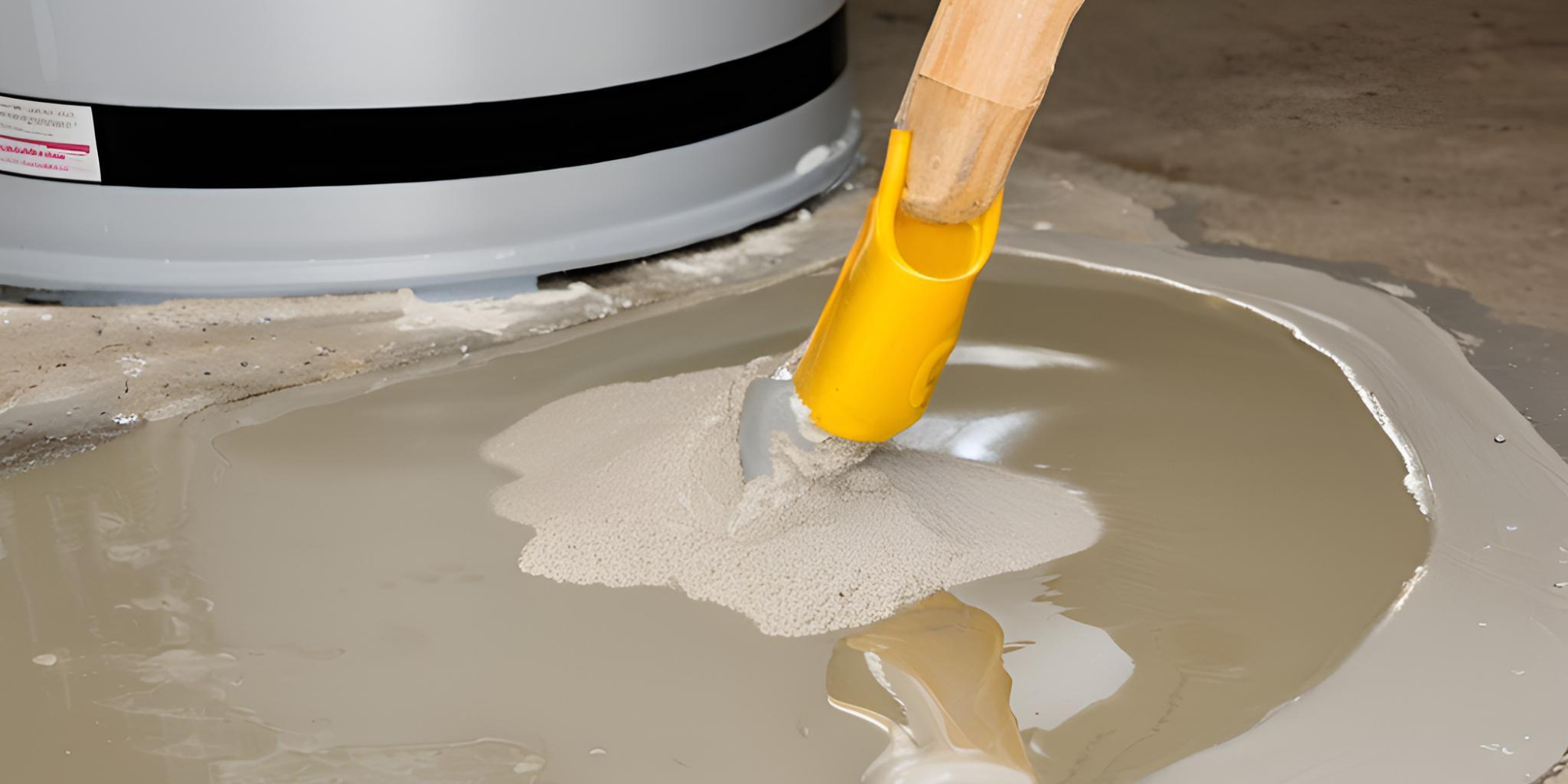Why Sediment Buildup is Bad for Your Water Heater
Your water heater is a vital appliance in your home, providing hot water for everything from showers to laundry. However, over time, sediment buildup can compromise its performance, leading to higher energy bills, reduced efficiency, and even costly repairs.
At Courtesy Plumbing & Heating, we want Castle Rock homeowners to understand how sediment affects their water heaters and what you can do to prevent it. Here’s everything you need to know.
What is Sediment Buildup?
Sediment consists of mineral deposits, primarily calcium and magnesium, which naturally occur in hard water. As water is heated, these minerals settle at the bottom of your water heater tank, forming a layer of sediment over time.
Homes in Castle Rock are often supplied with hard water, making sediment buildup a common issue in our area.
Why is Sediment Buildup a Problem?
1. Reduced Efficiency
A layer of sediment acts as an insulator between the heating element and the water in the tank. This means your water heater has to work harder to heat the water, using more energy and driving up your utility bills.
Impact: Higher energy costs and longer wait times for hot water.
2. Shortened Lifespan of Your Water Heater
The extra strain on your water heater caused by sediment buildup can lead to premature wear and tear. Components like the heating element and the tank itself may fail sooner than expected.
Impact: You may need to replace your water heater sooner than planned, costing you thousands of dollars.
3. Uneven Heating and Noise Issues
Sediment buildup can cause your water heater to make popping or rumbling noises. This occurs when water becomes trapped under the sediment layer and heats unevenly, creating steam pockets.
Impact: Noisy operation and inconsistent water temperatures.
4. Corrosion and Leaks
Sediment buildup can lead to corrosion inside the tank, particularly if it damages the protective anode rod. Once the tank begins to corrode, leaks are inevitable.
Impact: Water damage to your home and costly repairs or replacements.
5. Poor Water Quality
Sediment can break loose and enter your plumbing system, leading to cloudy water or particles coming out of your faucets.
Impact: Lower water quality for drinking, cooking, and cleaning.
How to Prevent Sediment Buildup
1. Flush Your Water Heater Regularly
Flushing your water heater involves draining the tank to remove accumulated sediment. This simple maintenance task can significantly improve your water heater’s efficiency and lifespan.
Recommended Frequency: At least once a year, or more often if you have hard water.
2. Install a Water Softener
A water softener reduces the amount of calcium and magnesium in your water, preventing sediment from forming in the first place.
Bonus Benefit: Soft water is gentler on your skin, hair, and appliances.
3. Check the Anode Rod
The anode rod is a sacrificial component that prevents corrosion in your water heater. Regularly inspecting and replacing it when necessary helps protect the tank from damage caused by sediment.
Tip: Have a professional inspect your anode rod during annual maintenance.
4. Schedule Professional Maintenance
Annual water heater maintenance performed by a professional can catch sediment buildup early, flush the tank, and ensure all components are in good working order.
Why It’s Worth It: A small investment in maintenance can save you from expensive repairs or a premature replacement.
Signs of Sediment Buildup
Wondering if your water heater has a sediment problem? Watch for these signs:
Popping or rumbling noises from the tank.
Increased energy bills without a change in usage.
Reduced hot water supply.
Cloudy or gritty water coming from your faucets.
If you notice any of these issues, it’s time to take action.
Trust Courtesy Plumbing & Heating for Water Heater Care
At Courtesy Plumbing & Heating, we’re committed to helping Castle Rock homeowners get the most out of their water heaters. Whether you need routine maintenance, a water softener installation, or a new water heater, our experienced team is here to help.
Schedule Your Water Heater Maintenance Today
Don’t let sediment buildup reduce your water heater’s efficiency or lifespan. Call Courtesy Plumbing & Heating to schedule a professional water heater flush or inspection today.
Keep your water heater running efficiently and your home supplied with reliable hot water year-round!

